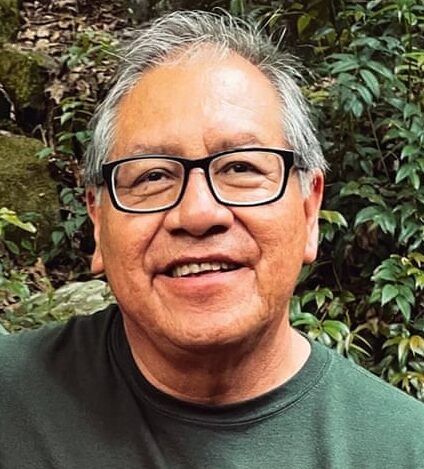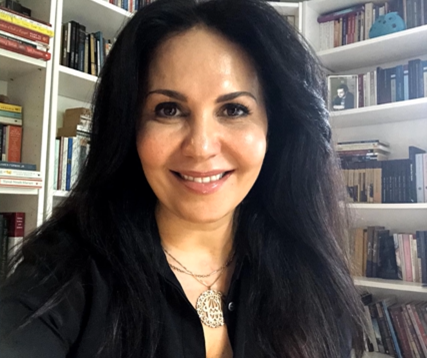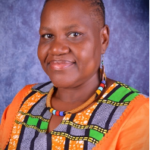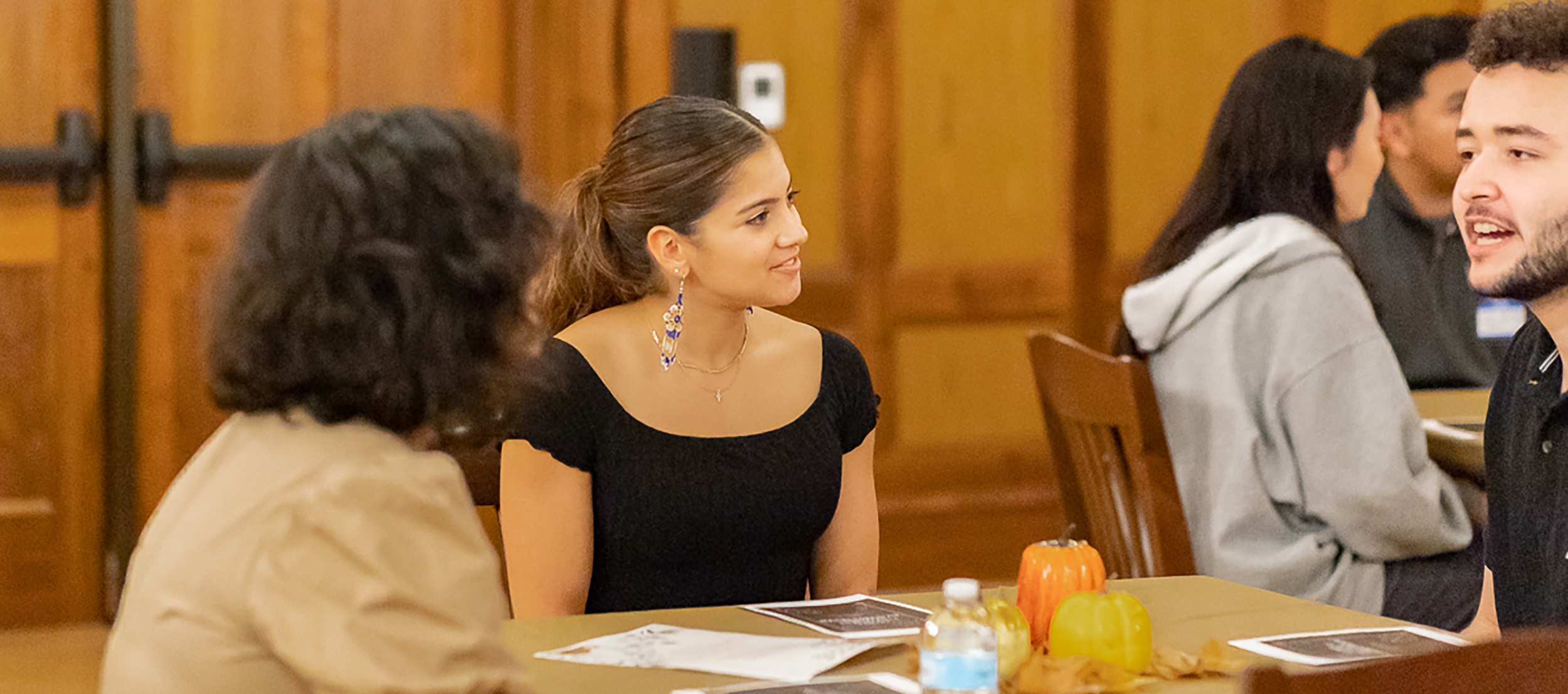Less Commonly Taught Languages—Vanderbilt-Duke-UVA Partnership
For more than 10 years, Vanderbilt University, Duke University, and the University of Virginia have partnered to offer courses in languages not often taught in the Western academic curriculum through a shared course initiative. This joint instruction includes several less-frequently-taught languages:
- Cherokee
- Haitian Creole
- K’iche’ Maya
- Malagasy (Not available for the 2025-26 academic year. Check back next year!)
- Swahili
- Turkish
This unique effort both helps to preserve these endangered languages for future generations and adds depth to students’ understanding of subjects connected with these languages and their originating cultures. These courses fulfill the A&S College Core World Language requirement.
Spring 2026 Duke Classes Begin January 7
Spring 2026 UVA Classes Begin January 2
How It Works
The partnership allows students from across all three universities to learn their chosen language together. Classes are taught synchronously via Zoom, combining students from all three campuses into one section. Each language is based at one of the three schools:
- Vanderbilt: K’iche’ Maya
- Duke: Cherokee, Haitian Creole, Malagasy, Turkish
- UVA: Swahili
Students from the three institutions attend class and interact with their peers and instructor via zoom. The course instructor works from the school where the language is based, and class times are adjusted for Vanderbilt in YES (Nashville – CST).
Note: Check course listings in YES for details.
Details:
- All questions about the class should be directed via email to the hosting professor. Professors and their emails can be found below. Professor Chalene Helmuth can answer general questions about LCTL’s but all other questions should be directed to the professor teaching your course.
- All language courses are available at the beginner and intermediate levels.
- First- and third-semester-level courses are taught each fall, and second- and fourth-semester-level courses are taught each spring.
- Students learn to speak the language and study its cultural and historical contexts.
- Vanderbilt students enroll in language partnership courses through YES, as with any other VU course (times in YES are adjusted to Nashville on CST).
- Course codes are:
- CHRK for Cherokee
- CREO for Haitian Creole
- KICH for K’iche’ Maya
- MALA for Malagasy
- SWAH for Swahili
- TURK for Turkish
- A teaching assistant on each partner campus is available two hours per week to assist enrolled students with language practice. Please note: Start dates for the semester vary according to institution.
- Once you register for a course, please send an email to the instructor to find out the date when the class will start to meet.
- Classes are open to all Vanderbilt students, including undergraduate and graduate students.
For more information about these courses, please contact Dr. Chalene Helmuth, Director, Vanderbilt Center for Languages.
About The Languages

Cherokee
These courses are taught by Prof. Gilliam Jackson, citizen of the Eastern Band of Cherokee Indians. This course series is for learners who wish to gain greater proficiency and knowledge of the Cherokee language. For questions contact gilliam.jackson@duke.edu
CHRK 1101 – Cherokee Language I (MTR 4:40 – 5:30 | Duke | Fall)
CHRK 1102 – Cherokee Language II (MTR 5:45 – 6:35 | Duke | Spring)
Haitian Creole

Haitian Creole, often called simply Creole or Kreyōl, is based on 18th-century French, some African languages, and languages such as Arawak, English, Arabic, Portuguese, Spanish, and Taino. The second official language of Haiti, Creole is spoken by 10-12 million people throughout the Caribbean and in the Bahamas, Belize, Canada, Cayman Islands, Cuba, Dominican Republic, France, French Guiana, Guadeloupe, Ivory Coast, Martinique, Puerto Rico, Trinidad and Tobago, parts of the United States, and Venezuela. For question contact jacques.pierre@duke.edu
CREO 1101 – Elementary Creole I (MWF 10:20 – 11:20 | Duke | Fall)
CREO 1102 – Elementary Creole II (Duke | Spring)
CREO 2201 – Intermediate Creole I (MWF 12:00 – 12:50 | Duke | Fall)
CREO 2202 – Intermediate Creole II (Duke | Spring)
CREO 3301 – Advanced Creole I (WF 3:30 – 4:45 | Duke | Fall)
CREO 3302 – Advanced Creole II (Duke | Spring)
K’iche’ Maya

K’iche’ Maya is one of the most common indigenous languages in Latin America, spoken by approximately one million individuals in the western highlands of Guatemala, the heartland of Maya culture. As the language of the Popol Wuj, Mayans’ sacred text, K’iche’ Maya is also a language of great historical importance. Because of the precarious status of minority languages in Latin America, classes in K’iche’ are also relevant for students interested in anthropology, globalization, language planning, multilingualism, language diversity, and linguistic human rights. For questions contact mareike.sattler@vanderbilt.edu
Click here to explore K’iche’ and meet the professor.
KICH 1101 – Elementary K’iche’ I (Vanderbilt | Fall)
KICH 1102 – Elementary K’iche’ II (Vanderbilt | Spring)
KICH 2201 – Intermediate K’iche’ I (Vanderbilt | Fall)
KICH 2202 – Intermediate K’iche’ II (Vanderbilt | Spring)
Malagasy (Not offered for academic year 2025-26. Check back next year!)
Read about the making of the first Malagasy course.

Malagasy is spoken by 25 million people in Madagascar and the Comoro Islands. Madagascar is the oldest island and the 4th largest island in the world, located 250 miles off the coast of Southern Africa. The isolation and the position of the island in the tropics has allowed plants and animals on the island to evolve in relative isolation, making it an important place of study for biologists, ecologists, and conservationists.

Quechua
Quechua is a major Indigenous language family with 8–10 million speakers across the Andean regions of Peru, Bolivia, Ecuador, Colombia, Argentina, and Chile. It remains the most widely spoken Indigenous language in the Americas, and holds official language status in Peru and Bolivia.
Language and Culture in the Andes (TR 10:05 – 11:20 | Duke | Fall)
Storytelling and Community in the Andes (TTR 3:05 – 4:20 | Duke | Fall)

Turkish
Turkey’s liberal and intellectual climate, which bridges East and West with tradition and modernity, is a comforting environment in which to learn and explore. Learning Turkish provides access to many new opportunities in policy, international studies, business, science, technological research, and journalism. For questions contact didem.havli@duke.edu
TURK 1101 – Elementary Turkish I (MWF 4:55 – 5:45 | Duke | Fall)
TURK 1102 – Elementary Turkish II (Duke | Spring)
TURK 2201 – Intermediate Turkish I (Duke | Fall)
TURK 2202 – Intermediate Turkish II (Duke | Spring)
TURK 3850 – Turkish Popular Culture (MW 3:05 – 4:20 | Duke | Fall)
Coming Spring 2026 – The Turkish Table (Advanced Turkish II)
Swahili


Swahili language, known as KiSwahili, is the primary language for more than one million people around the world, and serves as the second language for another 50 million people. KiSwahili is spoken in Kenya, Tanzania, and Uganda, and in some parts of Rwanda, Burundi, Democratic Republic of Congo, northern parts of Mozambique, Zambia, and Malawi, Somalia, Madagascar, and the Comoro Islands. KiSwahili is widely taught in many other African countries and is one of the most popular African languages taught in universities and colleges in the United States. It is also the language of the African Union. Swahili cultures are prominent around the world, especially in the African Diaspora, making it one of the most well-known and studied languages in African Studies and African American Studies. For questions contact ajr6y@virginia.edu
SWAH 1101 – Elementary Swahili I (UVA | Fall)
SWAH 1102 – Elementary Swahili II (UVA | Spring)
SWAH 2201 – Intermediate Swahili I (UVA | Fall)
SWAH 2202 – Intermediate Swahili II (UVA | Spring)
